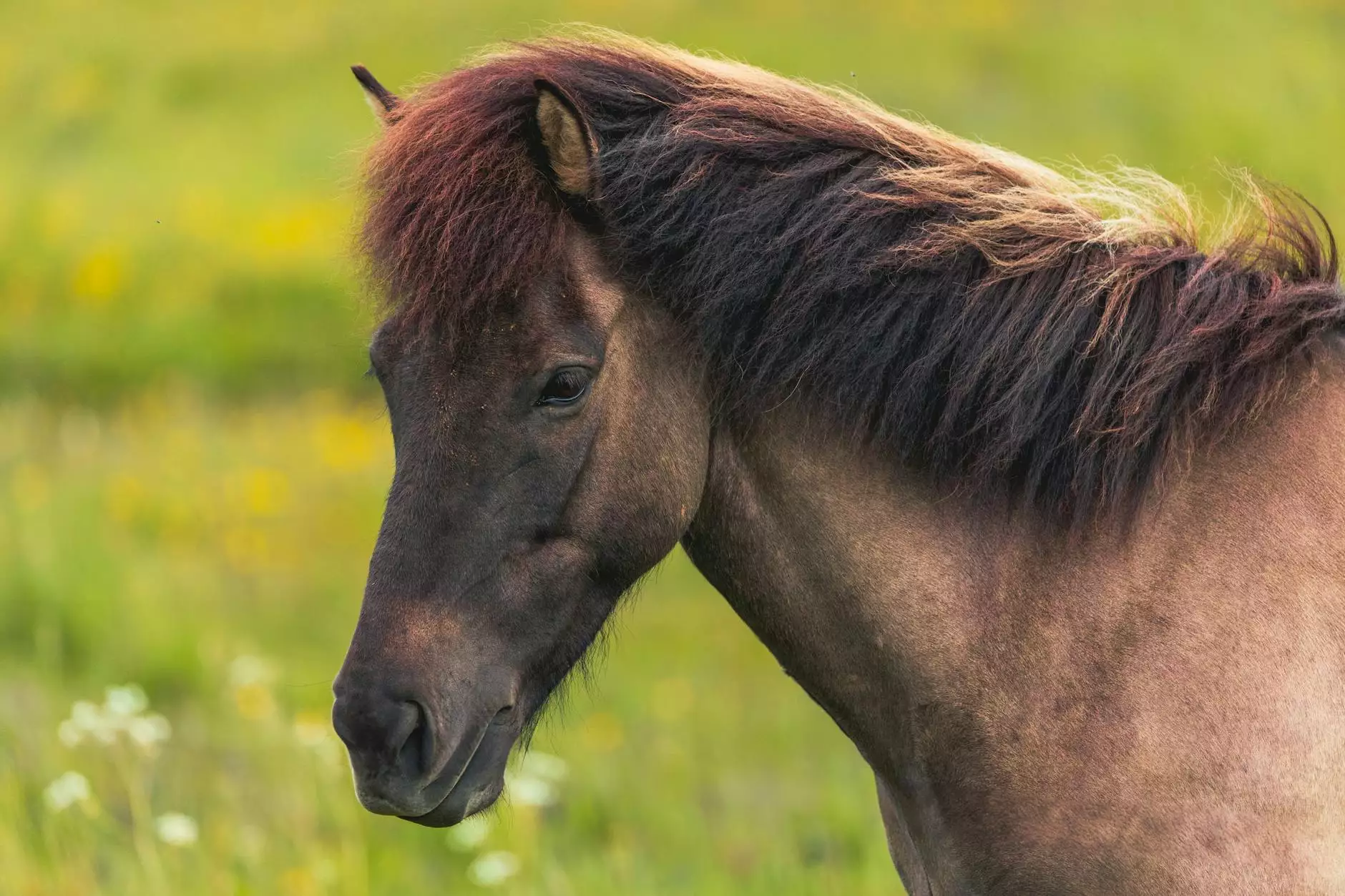Cornish Rex Hypoallergenic: The Ideal Cat for Allergy Sufferers

If you're an animal lover with allergies, finding the perfect pet can feel like an uphill battle. However, the Cornish Rex may be your ideal solution. Known for their unique appearance and affectionate temperament, these cats are often considered hypoallergenic, making them a favorite among those who are sensitive to pet dander. In this article, we will delve into what makes the Cornish Rex special, their care requirements, and why they are one of the top choices for allergy sufferers.
Understanding Hypoallergenic Cats
Before we dive deeper into the Cornish Rex breed, it's important to clarify what "hypoallergenic" means. While no cat is completely free of allergens, hypoallergenic breeds are known to produce fewer allergens than others. This helps reduce the risk of allergic reactions in susceptible individuals.
Allergic reactions to cats primarily occur due to proteins found in their skin, saliva, and urine. The key proteins that cause allergies include:
- Fel d 1: A well-known protein found in cat saliva and skin, which is one of the main triggers for cat allergies.
- Fel d 4: Another protein that is often less discussed but contributes to allergic reactions.
When considering a hypoallergenic breed like the Cornish Rex, it’s essential to remember that individual reactions can vary. Many people with allergies report fewer symptoms when around Cornish Rex cats compared to other breeds.
Why The Cornish Rex Is Hypoallergenic
The Cornish Rex is often touted as one of the most hypoallergenic cat breeds, and there are several reasons for this:
- Short Hair: Unlike many other cats, the Cornish Rex has a very short, curly coat. This reduces the amount of fur that gets shed in your home, thereby minimizing the spread of allergens.
- Less Dander: Cornish Rex cats typically produce less dander than long-haired breeds, which can significantly lower allergen levels in your living space.
- Reduced Grooming Needs: Due to their unique coat, Cornish Rex cats require less grooming, which means there is less saliva being spread into the environment.
Physical Characteristics of the Cornish Rex
The Cornish Rex is renowned not just for its hypoallergenic traits but also for its striking appearance. Here are some key physical characteristics of this remarkable breed:
- Curly Coat: Their soft, wavy fur is often referred to as "rex" fur, and it is much shorter than that of many other breeds.
- Large Ears: The breed is known for its large, bat-like ears that lend an air of curiosity and playfulness.
- Elegant Build: Cornish Rex cats have a slender and athletic build, giving them a playful and agile demeanor.
- Expressive Faces: Their large, expressive eyes and unique facial structure make them exceptionally charming.
- Varied Colors: Cornish Rex cats come in a wide array of colors and patterns, from solids to tabby stripes and more.
Temperament and Personality
The Cornish Rex is not just a pretty face; they possess a delightful personality that can captivate any cat lover. Some notable traits include:
- Affectionate: Cornish Rex cats are known for being loving and enjoy spending time with their human companions.
- Playful: They have a natural curiosity and love playing with toys, making them entertaining pets that can keep you engaged.
- Intelligent: These cats are quick learners and can be easily trained to perform tricks or follow commands.
- Social: Cornish Rex cats often get along well with other pets and children, making them ideal family companions.
Caring for Your Cornish Rex
While the Cornish Rex is relatively low-maintenance in terms of grooming, they still require proper care to thrive. Here are some essential tips for taking care of your Cornish Rex hypoallergenic cat:
Diet and Nutrition
Providing your Cornish Rex with a balanced diet is crucial for their health and well-being. Opt for high-quality cat food that meets the nutritional standards set by the American Association of Feed Control Officials (AAFCO). Look for diets that are rich in:
- Protein: Essential for muscle development and overall health.
- Healthy Fats: Important for coat health and energy.
- Vitamins and Minerals: Necessary for various bodily functions.
Consult with your veterinarian to determine the best diet plan based on your cat's age, weight, and health status.
Regular Vet Check-ups
Routine veterinary visits are essential for maintaining the health of your Cornish Rex. Regular check-ups can help catch any potential health issues early and ensure your cat receives necessary vaccinations and preventative care.
Play and Exercise
Due to their playful personality, Cornish Rex cats need daily exercise and mental stimulation. Engage them with interactive toys, climbing structures, and playtime to keep them active and happy.
Grooming Needs
While they require less grooming than long-haired cats, it’s still beneficial to brush your Cornish Rex occasionally to remove loose hair and dander. A gentle brush can keep their coat looking great and further reduce allergens in your home.
Creating a Hypoallergenic Home Environment
Even with a hypoallergenic breed like the Cornish Rex, it's essential to take additional steps to minimize allergens in your living space. Here are some tips:
- Regular Cleaning: Frequent vacuuming and dusting can help reduce dander and hair.
- Air Purifiers: Using HEPA air purifiers can help remove allergens from the air, making it easier to breathe.
- Grooming Area: Establish a specific area for grooming your cat to contain loose fur and dander.
- Limit Carpet: If possible, maintain hard flooring, as carpets can trap allergens.
The Adoption Process and Where to Find Cornish Rex Cats
If you're ready to welcome a Cornish Rex into your home, you have a few options. Here are some ways to find your future pet:
- Breeders: Research reputable breeders specializing in Cornish Rex to ensure the health and quality of your cat.
- Animal Shelters: Sometimes, you may find Cornish Rex cats available for adoption at local shelters; always check with them.
- Pet Stores: Some pet stores partner with breeders to offer purebred cats, including Cornish Rex.
Whichever option you choose, ensure that you prioritize the welfare of the animal and consider adoption as a viable option.
Conclusion
In summary, the Cornish Rex hypoallergenic cat is an excellent choice for those who suffer from allergies yet desire the companionship of a feline friend. With their affectionate nature, playful spirit, and striking looks, they easily steal hearts while minimizing allergic reactions. Remember to provide them with proper care, routine veterinary visits, and a stimulating environment to ensure they flourish as part of your family. By choosing a Cornish Rex, you can enjoy all the love and companionship that comes with pet ownership—without the sneezy consequences.
For more information on adopting or caring for a Cornish Rex, visit idealcornishkittens.com and connect with dedicated resources tailored to assist you in your journey to finding your perfect pet!









